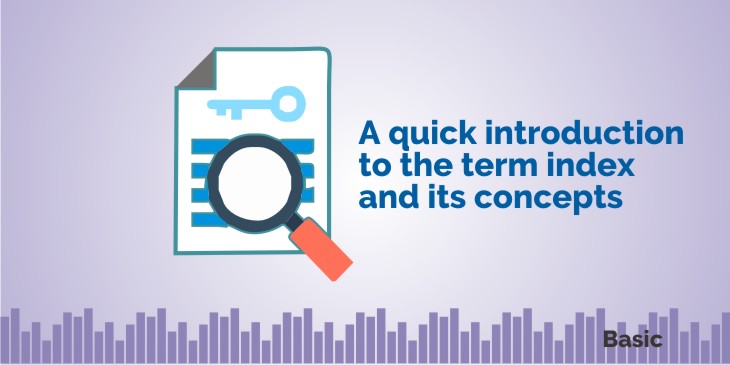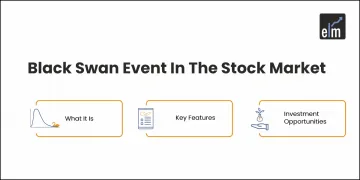In this blog, we will understand the concept of index or indices. Before understanding this concept, let us clarify ourselves about the terms NIFTY and SENSEX.
Whenever the NIFTY or the SENSEX is going up, it is often said that the stock market is doing well. On the hand, when the NIFTY or SENSEX is going down or crashing, you read about all the panic stories.
| Table of Contents |
|---|
| How are Indices made? |
| How is the INDEX calculated? |
| Different concepts of Index Calculation |
| Bottomline |
Now, let us know what an Index is:
It is a score to gauge the performance of the market.
How are Indices made?
Each index or score is made of a selected set of stocks and these stocks are made to score.
Whenever the prices of these stocks go up, the NIFTY or the SENSEX will go up and vice versa.
Generally, each market or exchange will have its own score.
Learn to Trade Index with Straddles in just 2 hours
The NIFTY is the actual score of National Stock Exchange (NSE) and the SENSEX is the score of Bombay Stock Exchange (BSE).
Similarly, the other stock exchanges also have their own scores, but since the NSE and BSE, are two of the most popular stock exchanges in India, the NIFTY and SENSEX is by far the most popular indices.
These scores are not just restricted to the NIFTY or SENSEX or the selected set of stocks chosen for NIFTY & SENSEX, there are several sectoral scores as well.
By sectoral scores we mean, shares are chosen to create a score and it becomes a score.
For e.g.: BANK NIFTY, which is a score of bank stocks, BSE FMCG – score of fast-moving consumer groups in the Bombay stock exchange.
There are several sectoral scores both in the Bombay and the National Stock Exchange.
However, you can use any logic to create a set of shares to create new index/ score.
For eg: We can select a score of mid-cap companies and that is formed to know as NIFTY MIDCAP 50.
How is the INDEX calculated?
The formula to calculate INDEX is as mentioned below:
Index=(Free Float Market Capitalization of Index Constituents/Base Market Capitalization)*Base Index Value
Different concepts of Index Calculation:
Free Float Market Capitalization:
This considers only those shares, issued by an organization, that are easily available for trading in the market.
This generally does not take into account promoter’s holding, government holding and other shares that are not easily available for trading.
Market Capitalization:
It refers to the total rupee value of a company’s outstanding shares.
It is calculated as the product of the total number of outstanding shares of a company and it’s current market price.
Market Capitalization=No of outstanding shares of a company*Curent Market Price
Base Date:
Both Nifty and Sensex considers the value of market capitalization of its constituents at a past date as the Base Market Capitalization value(as given in the formula). This past Date is known as the Base Date.
For Sensex: the Base Date is 01-04-1979, on the other hand, the Base Date for Nifty is: 03-11-1995.
Base Index Value:
This is the value of Sensex and Nifty on the base date.
For Sensex, this is taken as 100.
For Nifty, this is taken as 1000.
Bottomline:
As Stock Indices are reflections of the entire stock market, therefore it helps the investors to get an idea of the stock market as well as enable them to compare their returns on certain investments, thus it is important to get a clear understanding of Stock Indices.
We hope this write up has helped you to get a clear understanding of Stock market Index.
Feel free to give us your feedback by writing in the comment box below.
In order to get the latest updates on Financial Markets visit Stockedge








Can you please clarify the source for capturing Free-Float number of shares for a particular stock. I did check NSE but was not able to fine. Please help!!
Hi,
You can check this link: https://www.nseindia.com/products/content/equities/indices/invest_w_fac.htm
you are truly a excellent webmaster. The web site loading pace is incredible.
It seems that you’re doing any distinctive trick.
Also, The contents are masterwork. you’ve done a great task in this topic!
Fine way of describing, and good paragraph to obtain information concerning my presentation subject, which i am going to convey
in academy.
Awesome article.
I have never understood stock market indices more clearly than this. Thank You for such a brief and at the same time detailed blog on the indices. This was really good.
Hi,
We are glad that you liked our blog post.
Thank you for Reading!